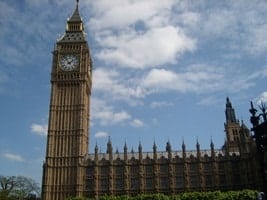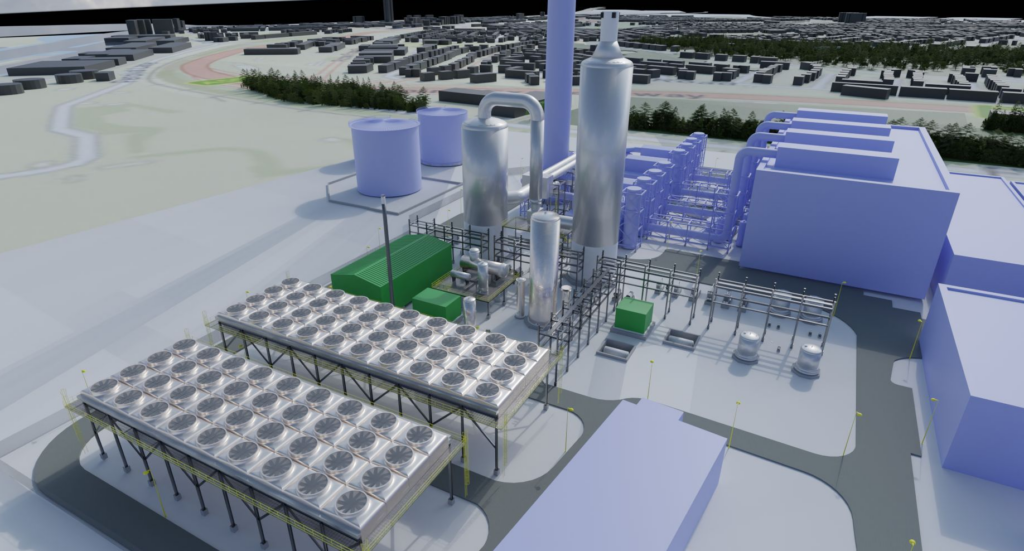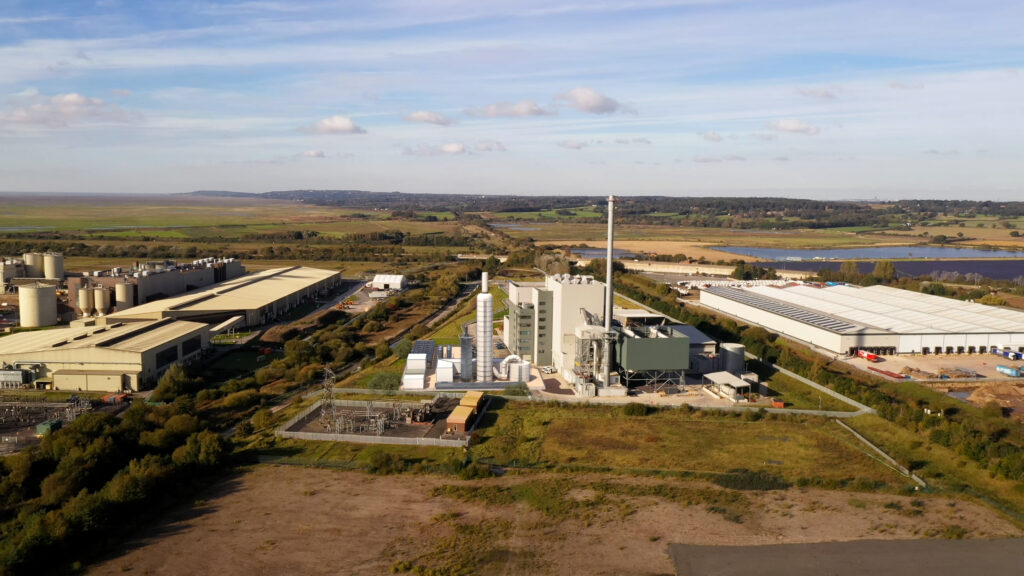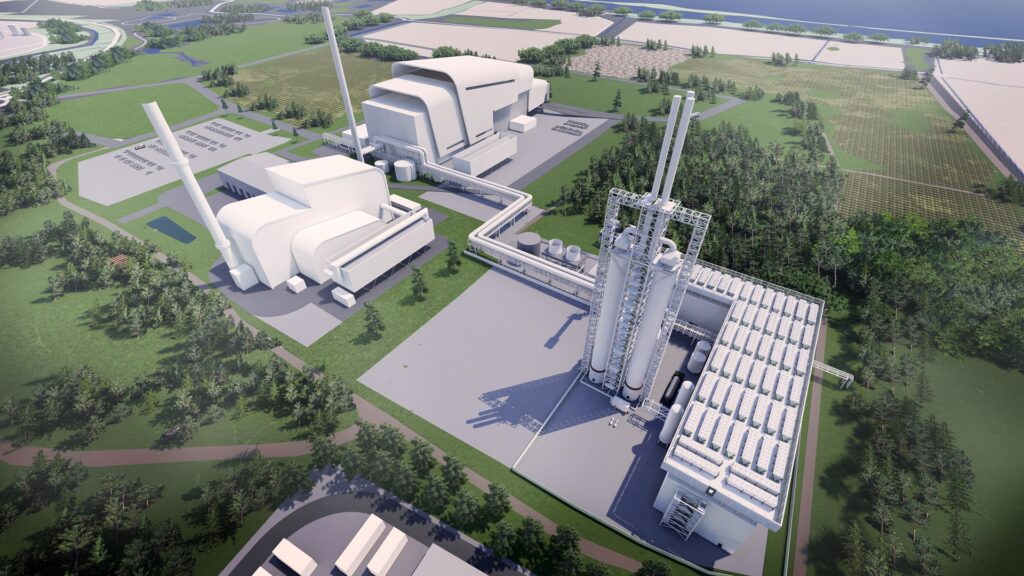The government has rejected calls from opposition MPs to exclude energy-from-waste incinerators from new guidelines that aim to speed up the planning process for large-scale renewable energy infrastructure.
Speaking in a House of Commons debate on draft National Policy Statements (NPS) for Energy last night (July 18), energy minister Charles Hendry claimed that not including a framework for deciding on EfW proposals in the NPS for Renewables would create havoc.

The statements, which were laid in Parliament in June 2011 (see letsrecycle.com story) were approved at the end of last nights debate. They provide the framework which the independent Infrastructure Planning Commission will use to decide on all planning applications for major energy infrastructure over 50 megawatts. When the IPC is abolished, this role will move to a new unit in the Planning Inspectorate.
Energy from waste is included within the draft NPS for renewable energy, but in last nights debate both Labour and Green MPs claimed that it should instead be considered using the same guidelines as fossil fuel applications due to concerns over carbon emissions.
The Labour MP for Edmonton, in London, Andrew Love, said: Incineration is considered in the renewable policy statement, yet it produces significant quantities of CO2. Should it not be re-designated under the fossil fuel category?
His sentiments were echoed by the Green MP for Brighton Pavilion, Caroline Lucas, who said that it was hard to see why they [incinerators] are considered a renewable source.
Ms Lucas also raised concerns over whether long-term council contracts to provide waste for energy from waste facilities would discourage waste reduction, reuse and recycling efforts.
And, the Labour MP for Merthyr Tydfil and Rhymney, Dai Havard, claimed that setting a 50MW threshold for EfW applications to come within the NPS framework has almost invited the industry to come forward with applications for huge developments. Mr Havard, whose constituency contains the site of a large-scale EfW facility being proposed by Covanta, said this ignored the proximity principle, whereby waste is treated as near as possible to where it is generated.
Waste hierarchy
But, defending the governments decision to consider energy from waste under the guidelines set for renewables, Mr Hendry stressed that any decisions on new facilities would also take into account the waste hierarchy, where EfW should only be an option after recycling and reuse had been looked at.
He said: This must also be seen as part of the waste hierarchy, to which we are absolutely committed, but we must also recognise that the generation option is better than going down the landfill route.
Mr Hendry also acknowledged the strong case for smaller, local waste facilities and technologies such as pyrolysis and gasification which he said the government was very keen to encourage.
However, he claimed that changing how EfW was presented in the National Policy Statements would mean the IPC and by default its successor would have no guidance when deciding on a large EfW plant.
That would create havoc; it would be much worse for local communities and it would create many additional anxieties, he said.
Therefore, the way in which we have incorporated it in the statements, which are to be read in conjunction with the waste review, is the right way to approach this in a holistic manner.
Mr Hendrys ministerial colleague at the Department of energy and climate change, Greg Barker, echoed his concerns over taking EfW out of the framework process, claiming it would create a free for all.
And, he said that while it was a framework for decisions, it does not necessarily mean there will be automatic presumption in favour of energy from waste.
Delegation
The debate also heard concerns from MPs about the impact that individual EfW proposals might have on their constituencies. One of those, Mr Havard called on ministers to meet a cross-party delegate to discuss the relationship between incineration, planning and energy generation.
In response, Mr Barker said Mr Hendry would be delighted to meet a delegation. We recognise the strongly held opinions in this area and the fact that profound local impacts are at stake, so it is absolutely right to listen to a range of parliamentary opinion on the subject.
Related links
Following yesterdays approval of the statements, they must now be designated by the Secretary of State for Energy before they can formally be used to make decisions on energy infrastructure proposals. The government has said it aims to do this as soon as possible.
To date, two EfW projects have been submitted to the IPCs workstream and are therefore on track to be considered under the NPS for renewable energy. These are plans for large-scale EfW incinerators in South Wales and Bedfordshire, both made by US company Covanta.










Subscribe for free